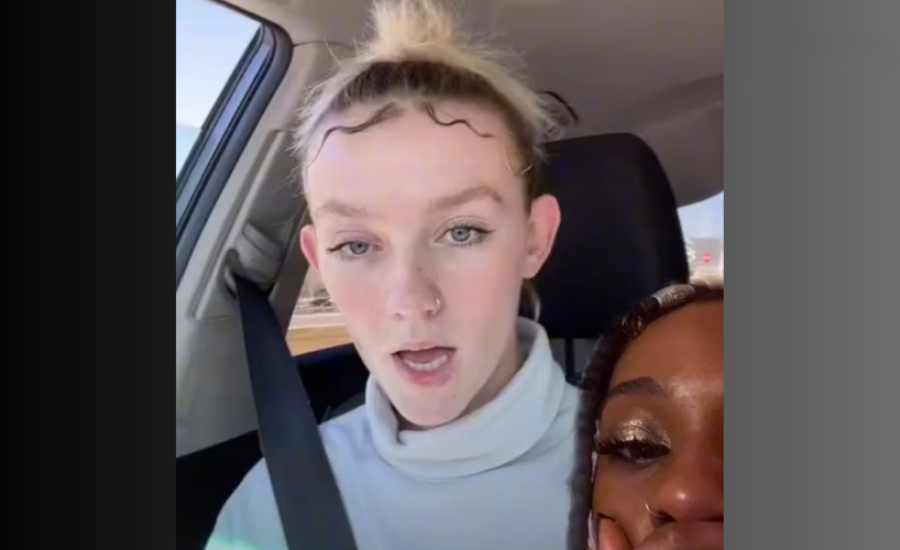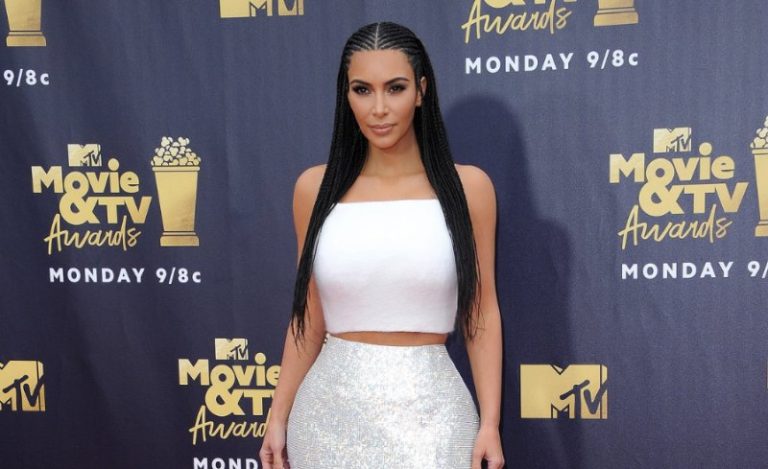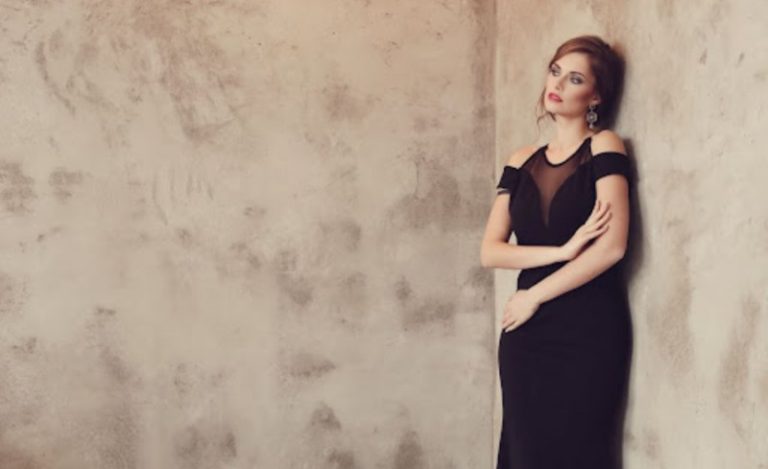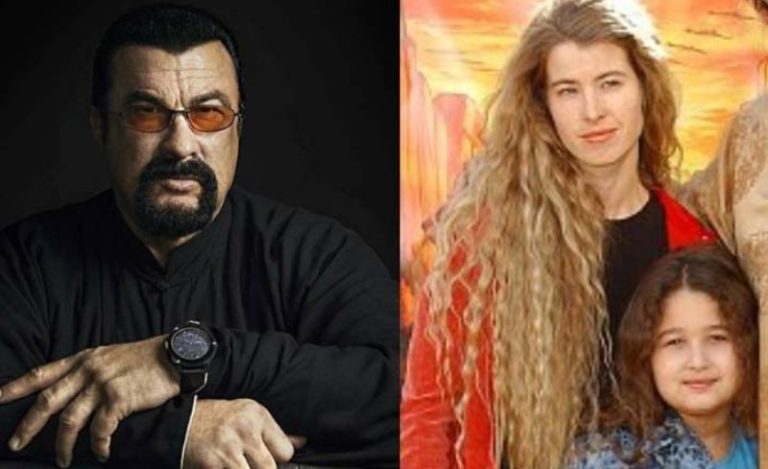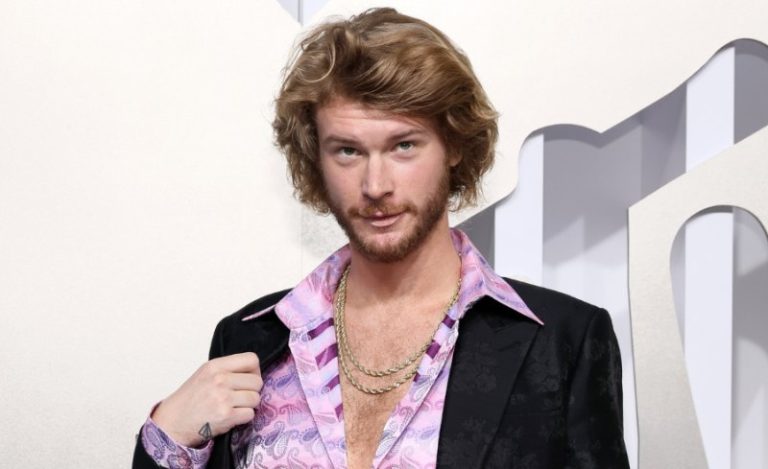Controversy Erupts over ‘Sticky Bangs’ TikTok Video: a Failed Joke ?
The hairstyle coined as “sticky bangs” by a white TikToker has triggered a backlash due to its resemblance to edges.
A TikTok video featuring a white user, @donnigalli, styling her hair to resemble edges and dubbing it as “sticky bangs,” has triggered a wave of criticism and sparked a contentious debate on cultural appropriation. In response to the video, numerous Black TikTokers have expressed their opinions, often with laughter accompanying their reactions. However, the incident has raised questions about the line between humor and insensitivity, leading to demands for an apology and discussions about the impact of such actions on marginalized communities.
Backlash And Apology:
Following the widespread backlash, @donnigalli posted an apology on TikTok. She acknowledged that her hairstyle did resemble edges but claimed that calling it “sticky bangs” was intended as a joke. Stressing that she never meant to appropriate anyone’s culture, she expressed regret and apologized to those she offended. However, many commenters questioned the humor behind the term “sticky bangs” and criticized the insensitivity of the video, expressing dissatisfaction with her apology and highlighting a pattern of jokes targeting people of color.
Reactions And Challenging The Apology:
Numerous TikTok users questioned the joke itself and the timing of @donnigalli’s video, particularly during Black History Month. Some commenters accused her of speaking with negative intentions and called for a deeper understanding of the impact of such jokes on marginalized communities. Others expressed disappointment, stating that the apology lacked sincerity and failed to address the underlying issue of targeting people of color for amusement.
Conversations On Cultural Sensitivity:
The incident has ignited broader discussions about cultural sensitivity and the responsibility of individuals when engaging with aspects of different cultures. Many users emphasized the need for education and understanding, urging people to be mindful of the historical and cultural significance of hairstyles and to consider the impact of their actions on marginalized communities. Calls for increased empathy, respect, and inclusivity have emerged as central themes within these conversations.

